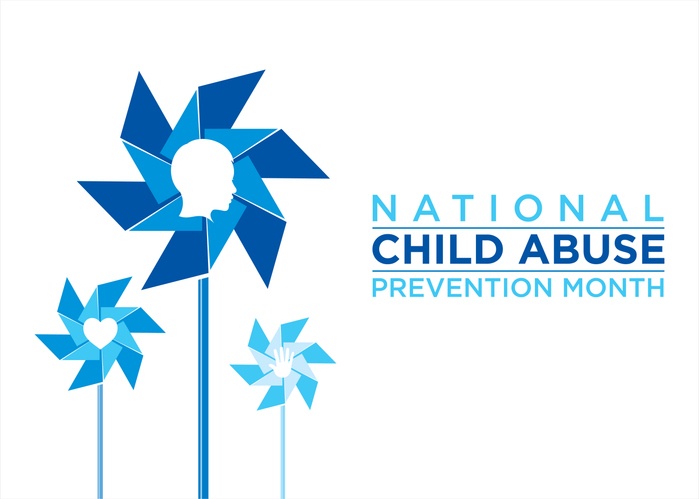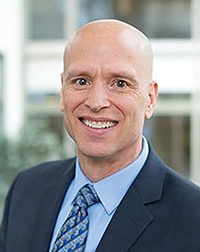
By Eric Spacek
April is National Child Abuse Prevention Month, making this a perfect time to review your organization’s policies and practices to protect children from sexual assault.
With this in mind, we spoke with Eric Spacek, assistant vice president – Risk Control at Church Mutual Insurance Company, S.I.1, who outlines how organizations can help protect those they serve.
What do members expect from organizations in terms of sexual abuse prevention?
In Church Mutual’s 2022 “Risk Radar Report — State of Volunteerism in America,” we found differences between people’s expectations for how organizations prevent sexual abuse and what is actually being done.
Respondents with children expected 41% of organizations checked the sex offender registry before allowing an individual to work with children. But, only 16% of volunteers surveyed say their organizations had taken this step. Similarly, respondents expected 36% of organizations provided sexual abuse training and reported sexual abuse, while only 13% of volunteers reported they had received such training.
What rules should an organization follow when supervising children?
Never leave a child and a non-related adult one-on-one in a room together. A good rule to follow is called “two-deep leadership,” meaning there needs to be at least two adults present with one or more children at all times.
When you don’t have more than one adult available, there should be no less than three children present. This policy helps protect children from potentially abusive situations, while also protecting adults from allegations of misconduct.
Are background checks sufficient to screen staff members and volunteers?
According to David Finkelhor, director of the Crimes Against Children Research Center, less than 10% of sex offenders are ever criminally prosecuted. This leaves more than 90% of offenders with no criminal record to check.
While background checks are certainly important, your efforts to protect children shouldn’t stop there. Before allowing anyone to work with children, you should check references who can attest to their character and have them interview with multiple people in your organization.
What are the signs of a sex offender’s “grooming” process?
You should make sexual abuse awareness training mandatory for any adult who works with children. That training should include how to recognize the steps a sex offender takes to prepare a child for inappropriate sexual conduct.
- Gaining access — They will seek to gain the trust of other volunteers and staff members by appearing kind and helpful. They also may try to communicate with the child one-on-one, online or offline.
- Selecting a child — An abuser may seek out a child who is on the fringe, perhaps one from a single-parent home or who seems isolated from peers and is looking for extra attention.
- Introducing nudity and sexual touch — They may “playfully” touch the child and make jokes about sexual topics.
- Keeping the victim silent — Offenders may threaten a child to discourage them from talking to others about their relationship. The child may also stay silent due to feeling shame or embarrassment.
You need adults in your congregation to know what to watch for — and whom to tell when they notice something isn’t right. Your congregation should have at least one mandated reporter, whose job is to report child abuse to the police.
By talking openly about sexual abuse prevention, is a house of worship admitting children are not safe in their congregation?
No. The more you talk about preventing child abuse, the safer children will be. Staying silent, on the other hand, could lead people to think you’re more likely to cover up any incident that may happen. It’s better to be uncomfortable talking about the idea of sexual abuse, than to be reacting to it after the fact.
Talking about best practices for preventing sexual abuse is important, but those practices need to be in writing and shared with everyone in your congregation. You need to be upfront about all you are doing to prevent sexual abuse and have documentation to prove it.
 Eric Spacek is Assistant Vice President — Risk Control, Church Mutual Insurance Company, S.I.
Eric Spacek is Assistant Vice President — Risk Control, Church Mutual Insurance Company, S.I.


